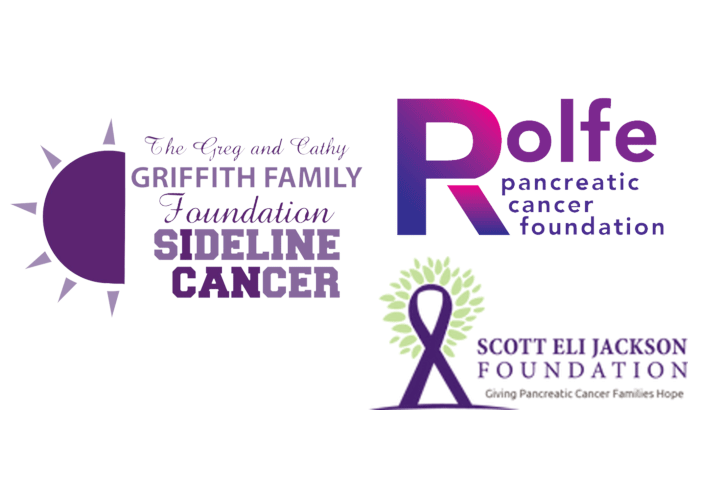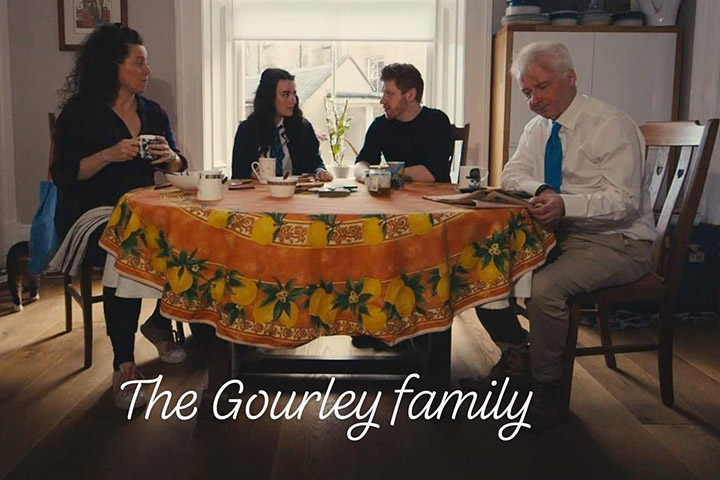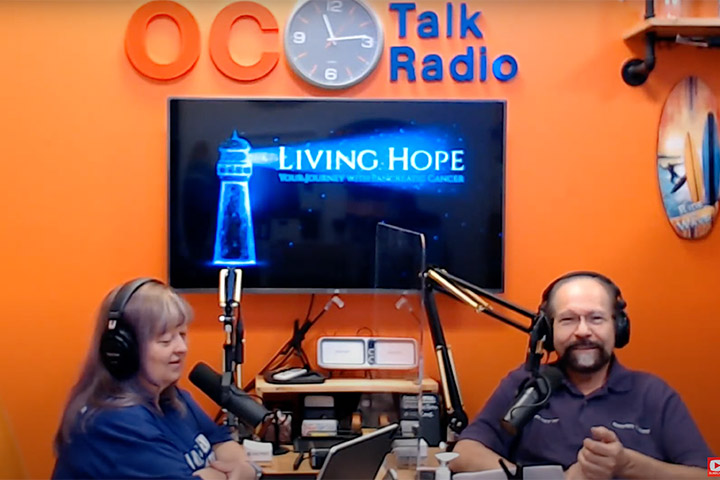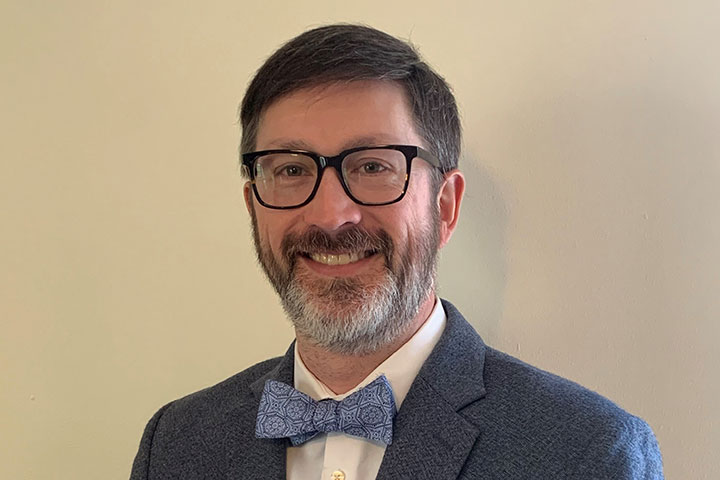Advocacy Organizations Make a Difference

To raise awareness of the support available for pancreatic cancer patients and caregivers, Let’s Win is starting a series that profiles other advocacy organizations.
When you receive a pancreatic cancer diagnosis, one key to navigating the upheaval in your life is finding community.
Physicians, researchers, patients, and caregivers all recognize that when you are facing pancreatic cancer you need resources and a community to support you and instill hope. “We have to unite in one fight, one hope, and one mission,” says Donyel Jackson, founder of the Scott Eli Jackson Foundation.
There are many different advocacy groups that work with pancreatic cancer patients in a variety of ways. Here is a closer look at three standout organizations working toward the common goal of helping patients and families through treatment and beyond.
The Griffith Family Foundation
During a heroic 19-month battle with pancreatic cancer that began in 2011, Greg Griffith was already thinking about how he could help future pancreatic cancer patients and the doctors who serve them. “Greg wanted to combine his love of basketball with a vision to sideline pancreatic cancer,” says his wife, Cathy Griffith. She took Greg’s vision down the court and started the Griffith Family Foundation in honor of her husband. The foundation, based in Hollidaysburg, Pennsylvania, operates on the premise that helping others mends the brokenhearted—and it’s recruiting students to help with the effort.
The organization’s Sideline Cancer youth initiative is the only youth-inspired pancreatic cancer initiative in the world. It engages students to use their entrepreneurial and philanthropic spirit to raise awareness and funds to Sideline Pancreatic Cancer.
Throughout the year, the foundation hosts many fundraising and awareness campaigns (even during the COVID-19 pandemic). One of the most visible: the Sideline Cancer basketball team, who come together to play in a nationwide, single-elimination tournament. Greg and Cathy’s eldest son, Jordan, is an assistant coach for the team. Since 2010, the Griffith Family Foundation has donated more than $295,000 to pancreatic cancer research and the foundation is not showing any signs of slowing down, despite the COVID-19 pandemic.
“The possibilities with I CAN Sideline Cancer are endless,” Griffith says. “I CAN see hope, collaboration, and people of all ages coming together through their passion and determination to make pancreatic cancer a treatable and curable cancer.”
Rolfe Pancreatic Cancer Foundation
After Michael Rolfe’s brief and brave battle with pancreatic cancer in 1999, his family and loved ones banded together to establish the Rolfe Pancreatic Cancer Foundation, based in Chicago. Their goal was to find a method for early detection that could spare others from Michael’s fate.
Started as a grassroots effort, the Rolfe Foundation has evolved into an impactful organization whose mission is to provide personal support to those affected by pancreatic cancer through tailored resources, connections, education, and funding for early detection research.
“We have realized how important it is to connect families with the doctors and resources that best fit their specific needs,” says Executive Director Stacia Hart, whose mom died of pancreatic cancer at age 49. “We know everyone’s experience is different, and we’re here to be a compass for patients, survivors, and their families, to provide a personalized approach to help them best navigate their pancreatic cancer diagnosis and treatment.”
Early detection remains a cornerstone of the Rolfe Foundation, which continues to fund research grants at leading clinical and academic medical centers. They also promote early detection awareness through education and social media campaigns. A new initiative called “Wellness Wednesdays,” for example, brings together experts on Facebook Live. Patients can attend these meetings free of charge from anywhere in the world. Rolfe Pancreatic Cancer Foundation provides comprehensive ongoing support for patients, survivors, and their loved ones.
“Being there for others in whatever capacity they need during such a difficult time has been a form of therapy for me,” Hart says. “The families we’ve partnered with have become our family. And we’re always going to take care of our community.”
Scott Eli Jackson Foundation
When Scott Jackson received a pancreatic cancer diagnosis in 2013, he was lost and his wife, Donyel, was at a loss. While there were a few organizations dedicated to pancreatic cancer research, there was no support to help families through the process of diagnosis and treatment, never mind the financial hit of living with pancreatic cancer.
Scott lost his battle to pancreatic cancer only four months after diagnosis. But since 2013, Jackson has been delivering on her promise to her husband to do everything possible to raise awareness of pancreatic cancer and foster early detection efforts through the Scott Eli Jackson Foundation, based in New Orleans. “Our goal is to bridge the gap between patient and doctor communications, as well as raise awareness about the early signs and symptoms of pancreatic cancer,” she says.
Diagnosed with breast cancer in 2017, Jackson says the foundation gave her a purpose and unique outlook on cancer from the wife/caregiver side, now as a patient and survivor. She filled her time with several programs to support cancer patients. Bold and Beautiful, for example, delivers wigs to women who have lost their hair and trains patients how to draw their own eyebrows and wear makeup to help build back their confidence. The Nutrition and Wellness Program educates patients about healthy eating, even providing patients with boxes of fresh produce from the local farmer’s market.
“We’re 100 percent volunteer,” Jackson notes. “But I’m a firm believer that when you plant the seeds, you bear good fruit.”






